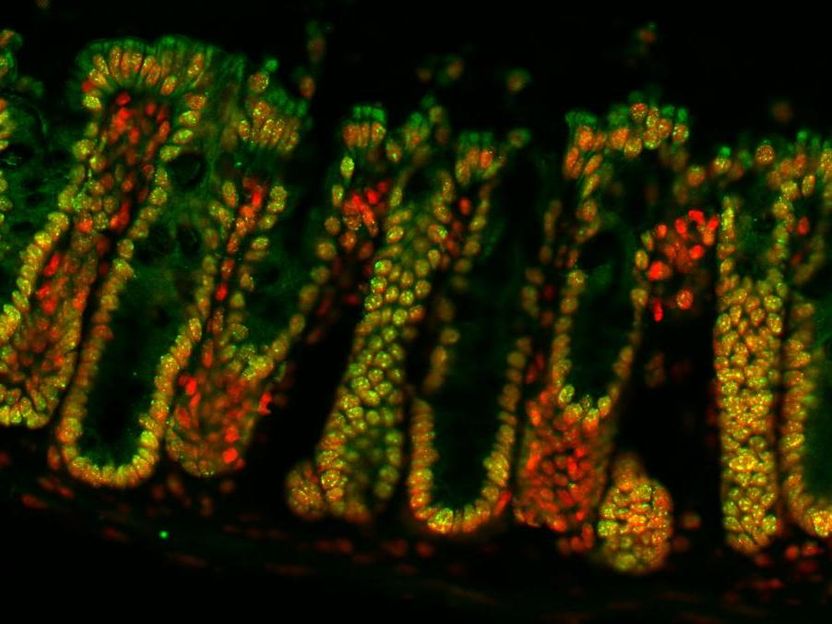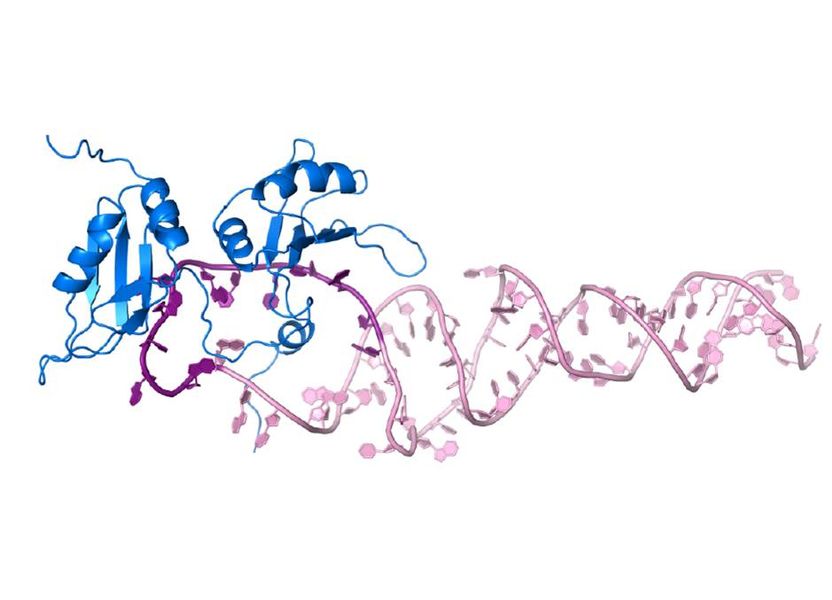BRAIN and DECHEMA cooperate in the biotechnological production of perillic acid
BRAIN AG and the DECHEMA Society for Chemical Engineering and Biotechnology in Frankfurt have announced a collaboration in the biotechnological production of perillic acid.
This patented natural monoterpene is owned by BRAIN and will be used in a wide range of applications as a bioactive compound in cosmetic products.
The cooperation is aimed at advancing further development of an integrated bio-process for efficient microbial (+)-perillic acid synthesis from the cheap precursor (+) limonene, developed by PD Dr. Jens Schrader and his team at DECHEMA. The compound (+) limonene is extracted in large quantities from orange peel.
By combining the competencies in strain and process optimisation as well as Scale-Up at the Karl-Winnacker-Institute of the DECHEMA, with the microbiological and molecular biological methods of BRAIN, this project is aimed at developing an integrated bio-process for effective technical production.
Most read news
Organizations
Other news from the department business & finance

Get the life science industry in your inbox
By submitting this form you agree that LUMITOS AG will send you the newsletter(s) selected above by email. Your data will not be passed on to third parties. Your data will be stored and processed in accordance with our data protection regulations. LUMITOS may contact you by email for the purpose of advertising or market and opinion surveys. You can revoke your consent at any time without giving reasons to LUMITOS AG, Ernst-Augustin-Str. 2, 12489 Berlin, Germany or by e-mail at revoke@lumitos.com with effect for the future. In addition, each email contains a link to unsubscribe from the corresponding newsletter.
Most read news
More news from our other portals
Last viewed contents
2-Deoxy-D-glucose
International_AIDS_Candlelight_Memorial
Mario_Raviglione
Supraventricular_tachycardia
'Good' prion-like proteins boost immune response, UT Southwestern scientists report
Nutmeg_liver
The_Natural_History_of_Alcoholism_Revisited

How good bacteria control your genes

New insight into the maturation of miRNAs





















































